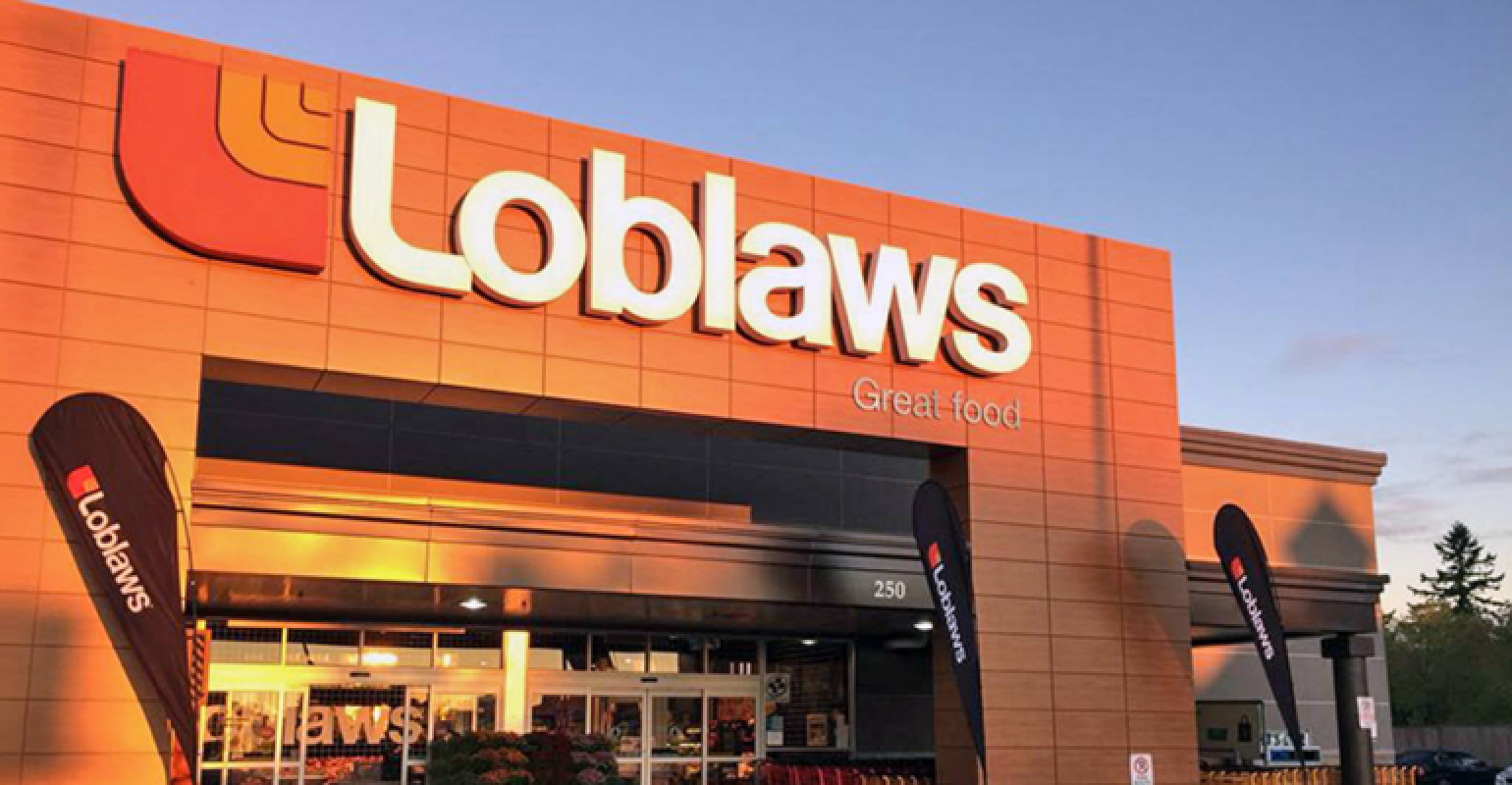Plans by grocery giant Loblaw Companies Ltd. to end its pandemic pay increase for workers is drawing backlash from Unifor.
The union said the company has announced that, as of this weekend, it will be ending the $2 per hour premium that it was paying to its workers.
“These workers are no less at risk and are no less essential today than they were yesterday,” said Jerry Dias, Unifor National President. “There is no justification for ending pandemic pay now, or ever.”
Galen Weston, Loblaw Executive Chairman confirmed the move in a newsletter sent out to customers.
“We believe it’s the right time to end the temporary pay premium we introduced at the beginning of the pandemic,” said Weston, noting that many Canadians are returning to work.
While the hourly pay bump is ending, the company plans to pay workers a small one-time bonus in July based on their hours of work.
Loblaw Companies Ltd. is the parent company for Loblaws, Shoppers Drug Mart, Real Canadian Superstore, No Frills, Extra Foods, and more.







